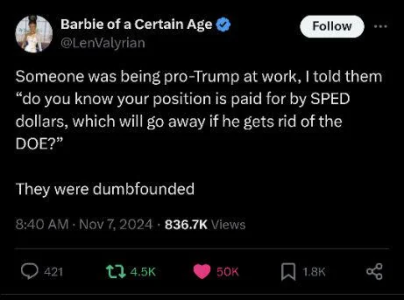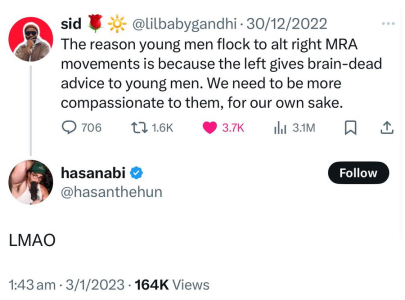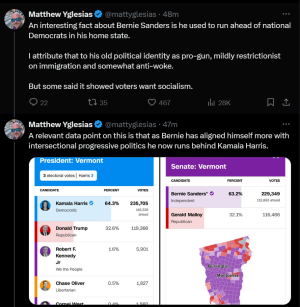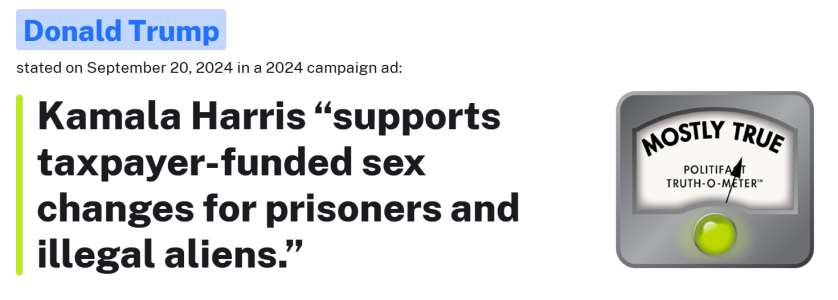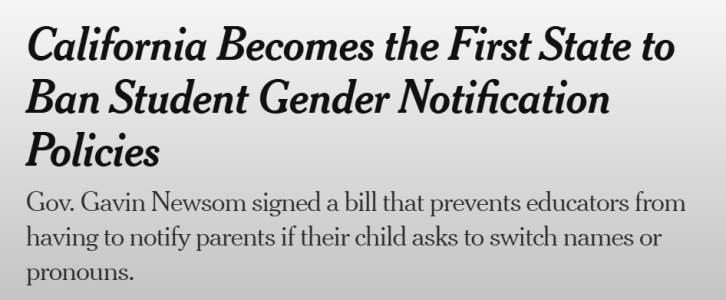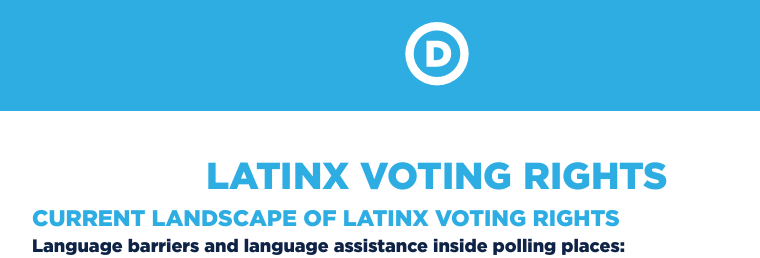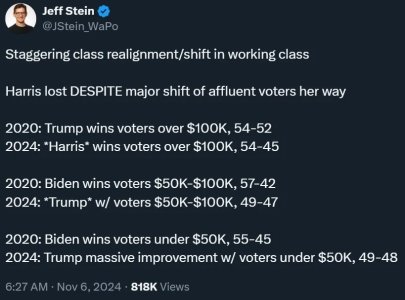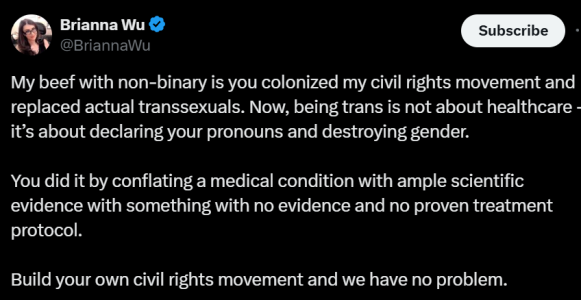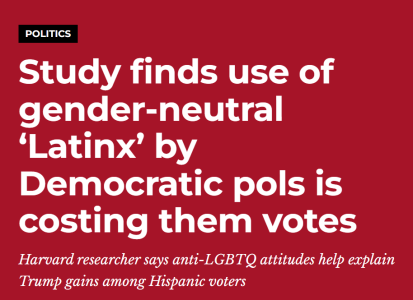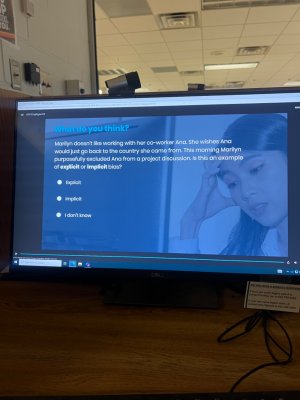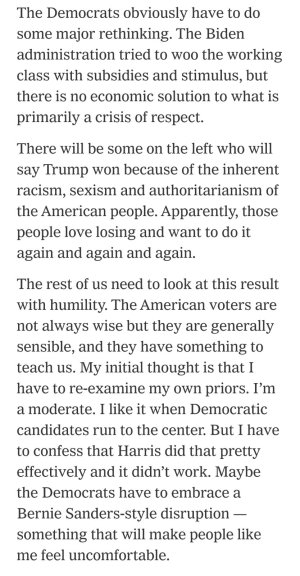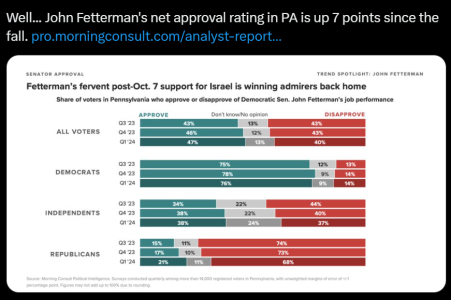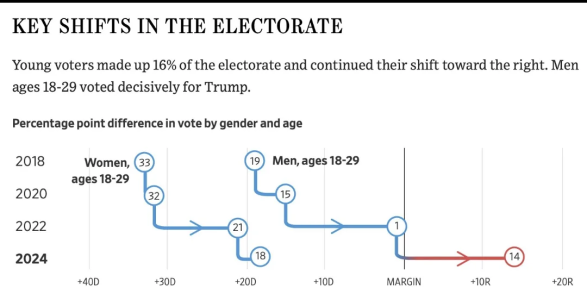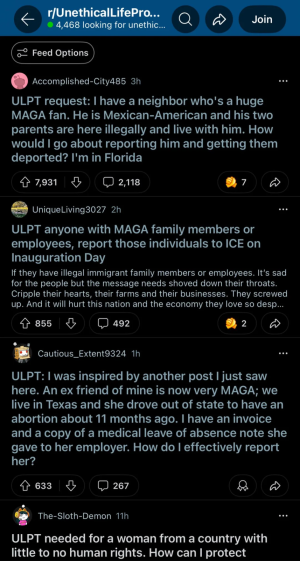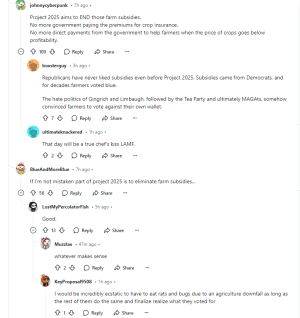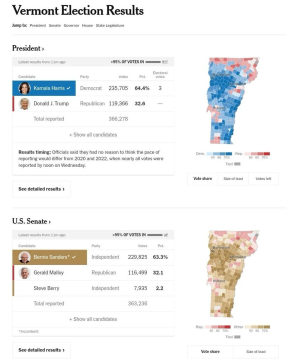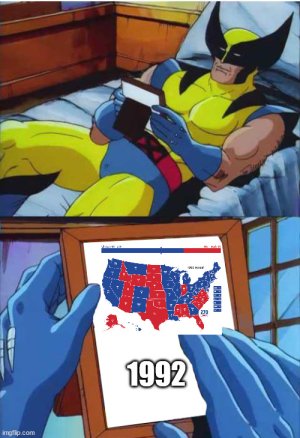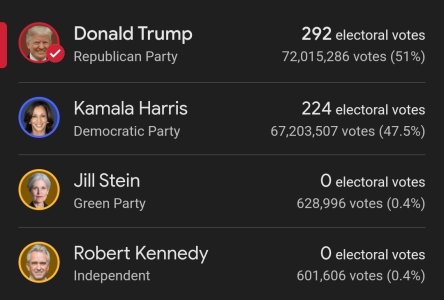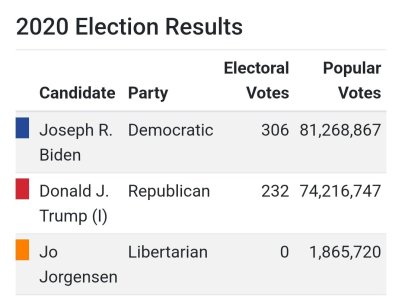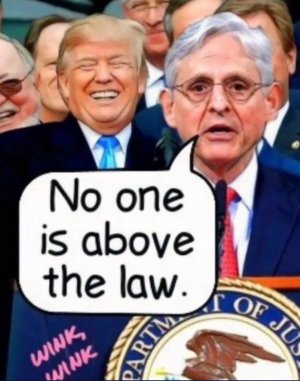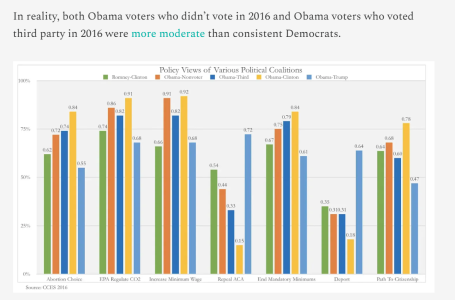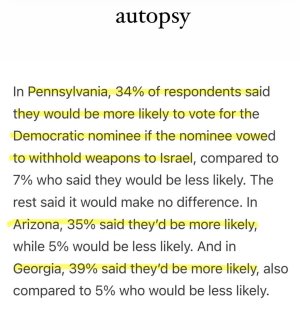[h2]The Trump in the RoadMerkel Concerned G-20 Summit Could End in Fiasco[/h2]
Ahead of the Hamburg G-20 summit, the EU trade conflict with the U.S. is threatening to escalate. Both Brussels and Washington are looking into sanctions and Chancellor Merkel is concerned that a fiasco could ensue.
Wilbur Ross is the kind of man who is easy to underestimate. Approaching his 80th birthday in November, he seems slow at times and occasionally nods off during longer meetings. And sometimes, he does so even when his boss is holding an important speech only a feet away, as he did recently in Saudi Arabia.
Ross, though, is U.S. President Donald Trump's commerce secretary, a key cabinet position, and on Tuesday, he was wide-awake. Standing next to an American flag, he read out a speech that was being transmitted to Berlin via video link. Specifically, it was being broadcast into the ballroom of a luxury hotel where German Chancellor Angela Merkel and several hundred guests of the Economic Council, a German business association that is closely linked to Merkel's political party, the Christian Democratic Union (CDU), were listening.
Ross had initially wanted to travel in person to the German capital, but he canceled at the last minute because, he said in the video, "urgent unexpected matters required that I remain in Washington." The commerce secretary then straightened his glasses and monotonously recited what his president expected of the Germans.
He demanded that Germany buy raw materials from the United States instead of from Russia, lower tariffs on automobile imports from the U.S. and ensure that America "obtain a larger share" of the European market. Otherwise, he added, the government in Washington, D.C., would have no alternative but to "engage in self-help."
Ross had been allotted a speaking time of 10 minutes, but when he still hadn't finished after 30 minutes, the event participants had heard enough. They turned down the sound and switched off the video link. The U.S. commerce secretary disappeared from the screen, silenced like a political gadfly. Some in the audience laughed.
A Potential Fiasco
One could see the episode as a negligible display of disrespect, unworthy of much attention. The chancellor, after all, has a full schedule and doesn't have time to waste. But one can also see the incident as a covert threat to the Trump administration: If you don't stick to the rules, there are consequences; our patience is not inexhaustible.
Less than a week before the G-20 summit is
set to start in Hamburg, the risk is growing that the unpredictable U.S. president could turn the prestigious meeting of world leaders into a fiasco. Environment, refugees, trade: On a long list of issues, Trump and his America-first administration are sabotaging the search for joint positions among the world's industrialized and emerging economies. The discrepancies are "obvious," Merkel said during a speech before German parliament on Tuesday, the discussions "will be difficult."
If Merkel is right, the U.S. - after
withdrawing from the Paris climate deal in early June - is now threatening another global agreement. Almost nine years ago, at the height of the financial crisis, the world's 20 largest economies agreed to launch economic stimulus programs and to reach consensus on joint regulations to prevent bank collapses and tax evasion. It was a far cry from the new global government that some had been dreaming of, but that summit did bring about some modest improvements.
Now, though, the Trump administration is reneging on numerous G-20 agreements because it doesn't see the world as a "global community," but as "an arena" in which countries "engage and compete for advantage," as National Security Adviser H.R. McMaster and Trump's economic adviser Gary Cohn wrote in a late May op-ed for the
Wall Street Journal. Eat or be eaten: That is Washington's new foreign policy creed, one which doesn't have much in common with Merkel's image of a world with shared rights and regulations.








 . Sipping on a nanobrew IPA myself.
. Sipping on a nanobrew IPA myself.






